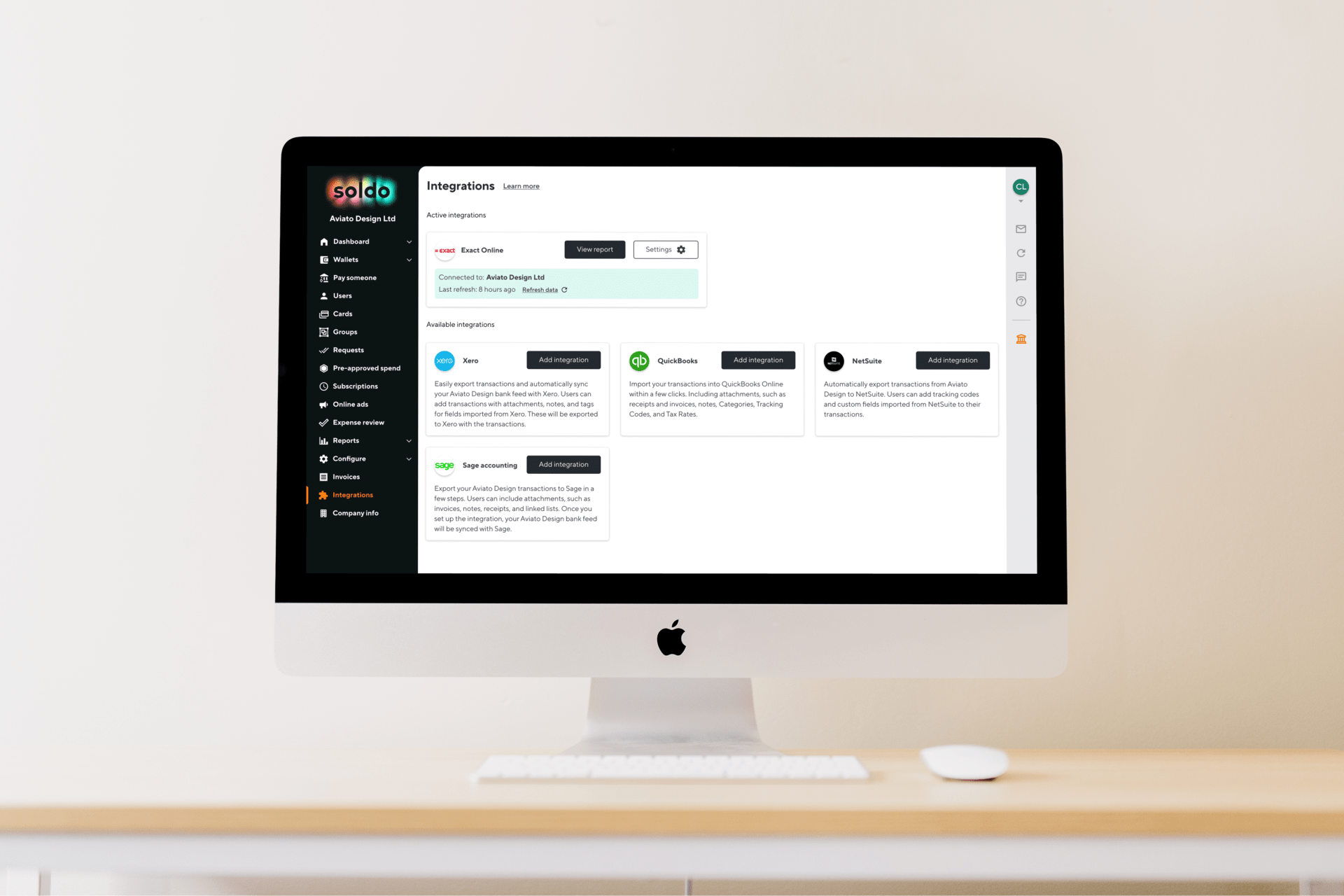Missing important filing dates or submitting incorrect financial figures can lead to hefty fines and extra admin, pulling finance teams away from more valuable and strategic work.
While many accounting tasks can be automated, deadlines still need attention. Tracking deadlines helps finance teams stay in control. Planning avoids last-minute stress and helps keep financial records and data accurate and up to date, which is especially important in an unpredictable economy.
Here are key dates for 2025 to help you stay organised.
March
- 26 March – Spring Statement: Chancellor Rachel Reeves will present the Office for Budget Responsibility’s (OBR) latest economic forecast to the House of Commons.
- 31 March – New workplace recycling laws: Under the Environment Act 2021, businesses in England with 10 or more employees must separate food waste from dry recyclables and general waste.
April
- 5 April – End of the 2024/25 tax year: Last chance to use Capital Gains Tax (CGT) exemptions, claim inheritance tax relief and make pension contributions for 2024/25.
- 6 April – Start of the 2025/26 tax year.
- 19 April – Employers must submit the final payroll report (FPS) for 2024/25.
May
- 1 May – Local elections across England could influence business policies.
- 31 May – P60 deadline: Employers must issue P60s to all employees on payroll on 5 April 2025.
July
- 6 July – Deadline for filing P11D and P11D(b) forms for 2024/25 and providing copies to employees.
- 19 July – Postal payment deadline for Class 1A NICs for 2024/25.
- 22 July – Electronic payment deadline for Class 1A NICs for 2024/25.
- 31 July – Second Self Assessment payment on account due for 2024/25.
September
- Date TBC – British Business Bank’s Business Finance Week: A series of free events for SMEs exploring funding options.
October
- 5 October – Self Assessment registration deadline: Individuals with new income sources in 2024/25 must register with HMRC.
- Late October – Autumn Budget announcement likely to include tax and business policy updates.
- 31 October – Deadline for paper Self Assessment returns for 2024/25.
November
- 28 November – Black Friday – The busiest UK shopping day.
December
- 30 December – Online Self Assessment deadline: To have tax collected via PAYE if the amount owed is under £3,000.
Ongoing obligations for accountants
- VAT Returns – Due one calendar month and seven days after the VAT period ends. Example: A VAT period ending 31 March 2025 must be filed by 7 May 2025.
- Corporation Tax – Payment is due nine months and one day after the accounting period ends. Example: A business with a 31 March 2025 year-end must pay by 1 January 2026.
Keeping ahead of these deadlines helps businesses avoid penalties and maintain control.
See how Soldo can support your business for streamlined expense management, real-time visibility, and control over spending.









